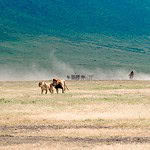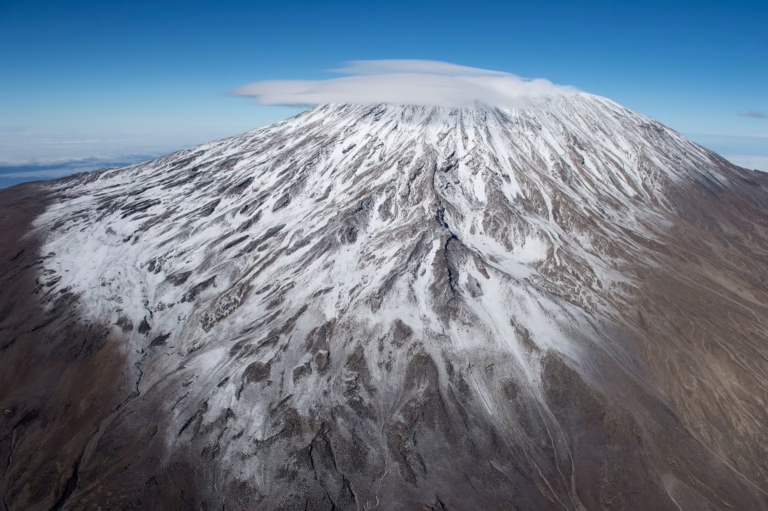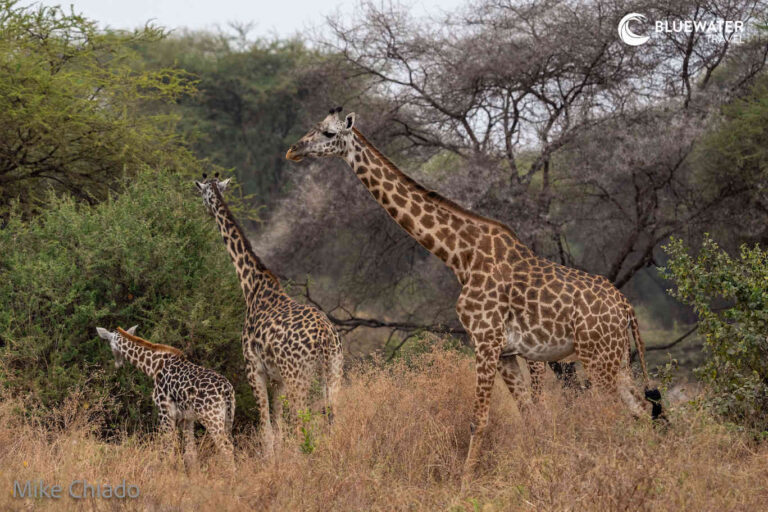Table of Contents
Responsible Tourism in Tanzania: How to Support Local Communities and Conservation
Tanzania is known for its breathtaking landscapes, iconic wildlife, and rich cultural heritage. However, the growth of tourism in the region has presented both opportunities and challenges for local communities and the environment. By practicing Responsible Tourism in Tanzania, visitors can ensure their travel contributes positively to Tanzania’s social, economic, and environmental well-being.
Responsible Tourism in Tanzania encourages travelers to be mindful of their impact, from supporting local businesses to respecting wildlife and nature. By choosing eco-friendly accommodations, minimizing waste, and engaging in community-based tourism initiatives, visitors can leave a positive legacy for future generations.
Here’s a guide on how to make a difference as a responsible traveler in Tanzania: embrace sustainable practices, contribute to conservation efforts, and ensure your trip benefits both the environment and the local communities. Responsible Tourism in Tanzania not only helps preserve its stunning natural beauty but also empowers communities, offering them the chance to thrive in a rapidly developing tourism industry.
What is Responsible Tourism?
Responsible tourism involves making travel choices that positively impact the places you visit. It’s about minimizing your environmental footprint, respecting local cultures, and supporting local economies. In Tanzania, responsible tourism means engaging with the people and places in a way that contributes to both conservation and local communities’ welfare.
Why Responsible Tourism Matters in Tanzania
Tourism is a vital industry in Tanzania, contributing significantly to employment, community projects, and conservation efforts. However, tourism can also lead to negative impacts, such as environmental degradation, wildlife disturbance, and the commercialization of local cultures. By adopting responsible tourism practices, you can help create a balance where tourism supports conservation efforts and strengthens local communities.
How to Practice Responsible Tourism in Tanzania
1. Choose Eco-Friendly Accommodations
Many lodges, camps, and hotels in Tanzania focus on sustainable practices, such as conserving energy, minimizing waste, and supporting community projects.
- Eco-Lodges and Camps: Look for eco-certified lodges that prioritize sustainability. Many of these accommodations reinvest profits into local projects and hire staff from nearby villages.
- Suggestions: Green camps and eco-certified lodges like those in Serengeti and Ngorongoro Crater area, which promote low-impact tourism.
2. Support Community-Based Tourism Initiatives
Engage with local community-based tourism projects that allow you to learn about Tanzanian cultures, support local businesses, and provide income for families.
- Visit Maasai Villages: Through organized tours, you can visit Maasai villages where tourism fees go towards schools, water projects, and healthcare.
- Fair Trade Souvenirs: Purchase handcrafts from local artisans to support fair wages and traditional craftsmanship.
3. Choose Ethical Wildlife Experiences
Witnessing Tanzania’s wildlife is a top priority for many tourists, but it’s essential to choose experiences that respect animal welfare and contribute to conservation.
- Ethical Safaris: Choose safari operators who follow ethical wildlife viewing practices, maintaining a safe distance from animals and minimizing vehicle noise.
- Conservation Programs: Some lodges and tour companies partner with conservation organizations to protect endangered species, offering tours with a portion of profits directed toward these causes.
4. Reduce Plastic Use and Waste
Plastic waste is a significant environmental challenge in Tanzania, and as a traveler, you can help reduce this problem by limiting your use of single-use plastics.
- Reusable Water Bottles: Bring a refillable water bottle to avoid purchasing bottled water.
- Avoid Single-Use Plastics: Bring your own reusable bags, straws, and containers.
5. Conserve Water and Energy
Resources like water and energy are precious in Tanzania, particularly in rural and semi-arid regions where tourism is concentrated.
- Practice Water Conservation: Take shorter showers, reuse towels, and avoid excessive laundry.
- Limit Energy Use: Turn off lights, air conditioning, and electronics when not in use.
6. Respect Local Customs and Cultures
Understanding and respecting Tanzania’s cultural heritage enriches your travel experience and fosters positive relations with local communities.
- Learn a Few Swahili Words: Knowing basic greetings and phrases is appreciated and shows respect for local culture.
- Dress Appropriately: In villages and rural areas, avoid revealing clothing, and follow local customs.
- Photography Etiquette: Always ask permission before photographing people and cultural sites.
7. Offset Your Carbon Footprint
Consider the carbon emissions from long-haul flights and travel within Tanzania by supporting carbon-offset programs.
- Choose Direct Flights: Whenever possible, direct flights minimize carbon emissions.
- Offset Programs: Participate in offset programs that fund reforestation and other environmental projects.
Supporting Conservation Efforts in Tanzania
Conservation is essential for protecting Tanzania’s incredible biodiversity and ensuring that wildlife thrives for future generations.
Tanzania National Park Fees and Conservation
Park entry fees contribute directly to wildlife conservation, habitat preservation, and anti-poaching efforts. By visiting Tanzania’s national parks, you’re supporting these critical initiatives.
| National Park | Conservation Fee (per day) | Purpose of Fees |
|---|---|---|
| Serengeti National Park | $70 USD | Wildlife protection, infrastructure |
| Ngorongoro Conservation Area | $60 USD | Community projects, anti-poaching efforts |
| Tarangire National Park | $50 USD | Habitat preservation, rangers’ salaries |
Engage with Conservation-Focused Organizations
Consider volunteering or donating to reputable conservation organizations that work to protect Tanzania’s natural resources and wildlife.
- Jane Goodall Institute: Supports chimpanzee protection and environmental education.
- Frankfurt Zoological Society: Works in Serengeti for wildlife and habitat conservation.
- African Wildlife Foundation: Focuses on preserving habitats and protecting species.
Positive Impact of Responsible Tourism on Tanzanian Communities
When done thoughtfully, tourism can help communities flourish by creating jobs, preserving culture, and funding vital social programs.
- Economic Benefits: Tourism provides employment and income for communities near national parks, helping to reduce poverty and provide local services.
- Cultural Preservation: Revenue from community tourism projects supports the preservation of Maasai, Chaga, and other tribal traditions.
- Education and Healthcare: Tourism revenue is often channeled into local infrastructure, such as building schools, clinics, and clean water projects.
Conclusion
By embracing Responsible Tourism in Tanzania, you contribute to Tanzania’s long-term environmental and cultural sustainability. Responsible Tourism in Tanzania encourages travelers to make thoughtful choices, such as selecting eco-friendly accommodations and supporting community projects. It’s important to engage in Responsible Tourism in Tanzania to ensure that your actions benefit both the environment and the local people.
Choosing ethical wildlife experiences is a core principle of Responsible Tourism in Tanzania, as it helps protect wildlife and supports conservation efforts. When you prioritize Responsible Tourism in Tanzania, you help reduce the negative impact that mass tourism can have on the delicate ecosystems of the region.
By practicing Responsible Tourism in Tanzania, you contribute to the preservation of Tanzania’s unique wildlife, stunning landscapes, and rich cultural heritage. This kind of tourism fosters positive relationships between visitors and local communities, creating a lasting legacy of respect and mutual benefit.
Traveling responsibly in Tanzania means that future generations can continue to enjoy this beautiful country, its wildlife, and its vibrant communities. Supporting Responsible Tourism in Tanzania ensures that tourism is sustainable, allowing the country to thrive while maintaining its natural and cultural treasures.


















